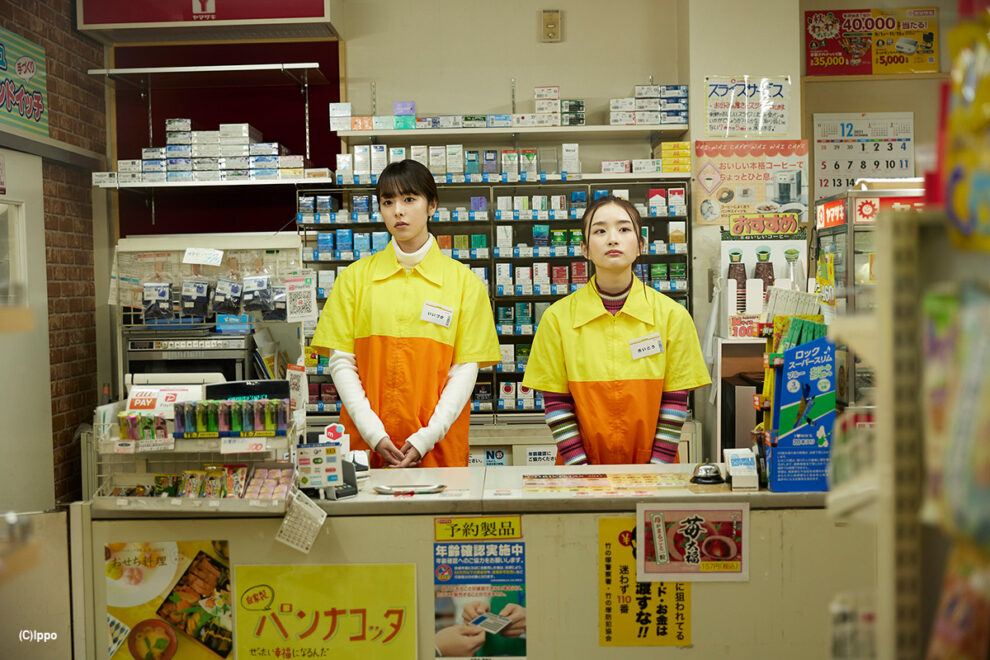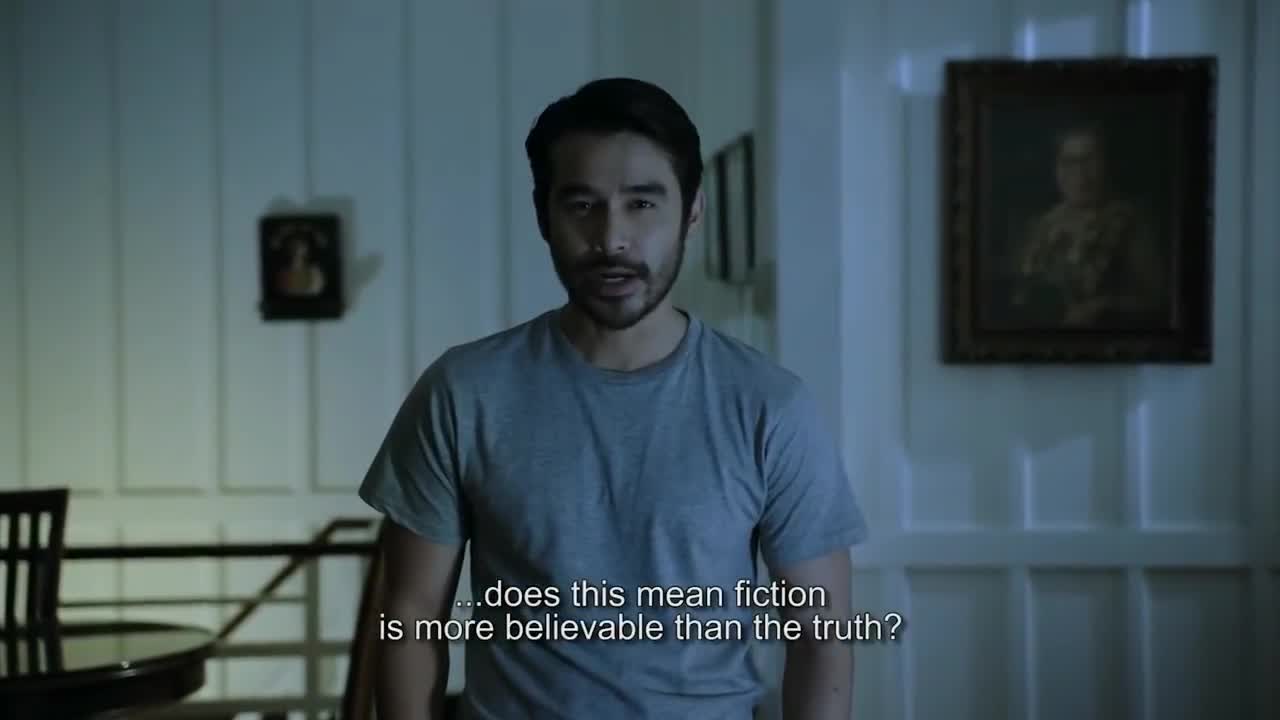The concept of quitting high demand jobs for something that pays less but is also less demanding timewise and in psychological terms is a concept that has been examined in Japanese cinema a number of times, with “Bunny Drop” being one of the first movies that come to mind. At the same time, the feeling of failure that accompanies such decisions, or any kind of ‘not-meeting-expectations' is another very interesting topic that we have seen dealt with in titles like “Melancholic”. Yuho Ishibashi deals with both in her latest work, which has recently won the Japan Cuts award at Osaka Asian Film Festival.
“When Morning Comes, I Feel Empty…” is screening at Osaka Asian Film Festival

24-year-old Nozomi has quit her job in the ad agency she used to work with, and is now working part time at a convenience store close to her apartment. However, her sense of failure is so intense, that she has not managed to tell her parents yet, with the whole thing essentially having her stuck in her life, not being able to move forward in any part of it. After being asked to take some night shifts, though, she stumbles upon an old classmate, Iizumi, and through their (frequently drunken) interactions, and her talks with quite-open-about-her-thoughts-and-feelings, Ayano, she gradually manages to come to terms with her current life, while also opening up herself.
In a rather calm, slow-burning, very realistic way, Yuho Ishibashi makes her comments about contemporary life of youths in Japan, in a fashion that highlights the difficulties they face, particularly when they stray away from the “normal path” (good school, good university, good job, good family, in that order). The pressure society, as dictated by the previous generation, puts on them is palpable in the story, with the director also adding the fact of workaholism, which, in Japan, has reached a level that is actually expected from employees, in a significant reason for the toxicity of many work environments in the country. The suffering that Nozomi has experienced, has essentially led her to a kind of trauma, which, unfortunately for her, has come to dominate her whole life.
Ishibashi's approach, however, is not a dramatic one, since the solution here comes from other people, as Nozomi meets and remeets individuals that show her that happiness can come from other paths, and not just the normal one, and that taking it easy, living a relaxed life without particular luxuries, can be quite fine, especially when one has people around that appreciate them and are willing to listen and to talk. In conjunction with the title, Ishibashi seems to state that even if your days are not that good, your life can still have a meaning if your nights are. In that regard, the director additionally shows that communication is key, although she also takes care of showing why Nozomi was so reluctant to open up from the beginning.
The production values follow the realistic approach of the narrative. The cinematography highlights the different settings (convenience store, apartments, bar and restaurants) without any exaltation, although some night scenes, particularly the ones in the crossroad, are quite appealing to the eye. The editing results in an expectantly low tempo, that suits the main theme nicely.
Erika Karata as Nozomi portrays her inner struggle and the way she changes through her interactions with other people quite convincingly, while her very beautiful face definitely helps in the overall visuals as much as the entertainment the film offers. The moments she is drunk are particularly amusing to watch. Haruka Imou as Iizumi is also very good in her disillusioned, mature ways, while Abe Ito as the feisty and Chatty Ayano provides a much welcome relief from the essentially opposite other characters.
“When Morning Comes, I Feel Empty” is a distinct art-house movie, which manages to present its comments through a fashion that is both realistic and entertaining, while, at 76 minutes, it definitely does not overextend its welcome.















